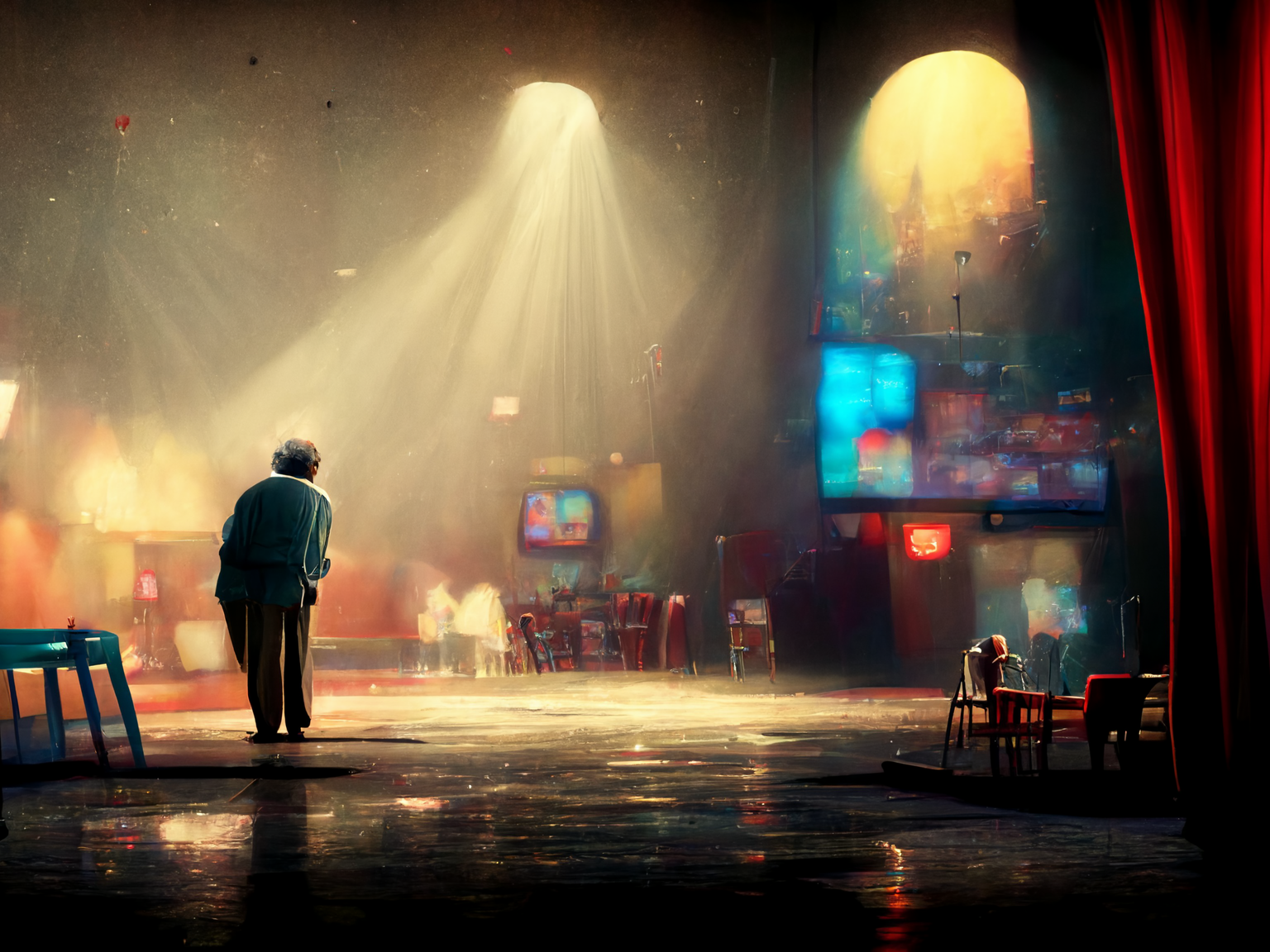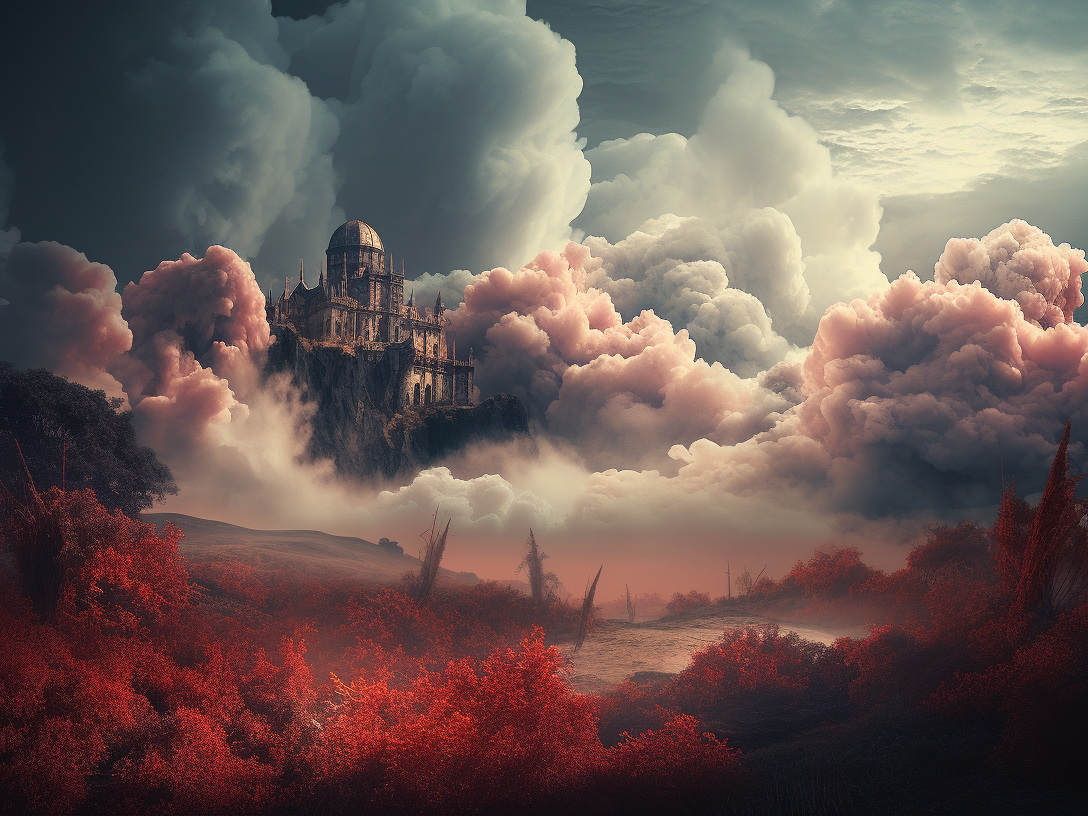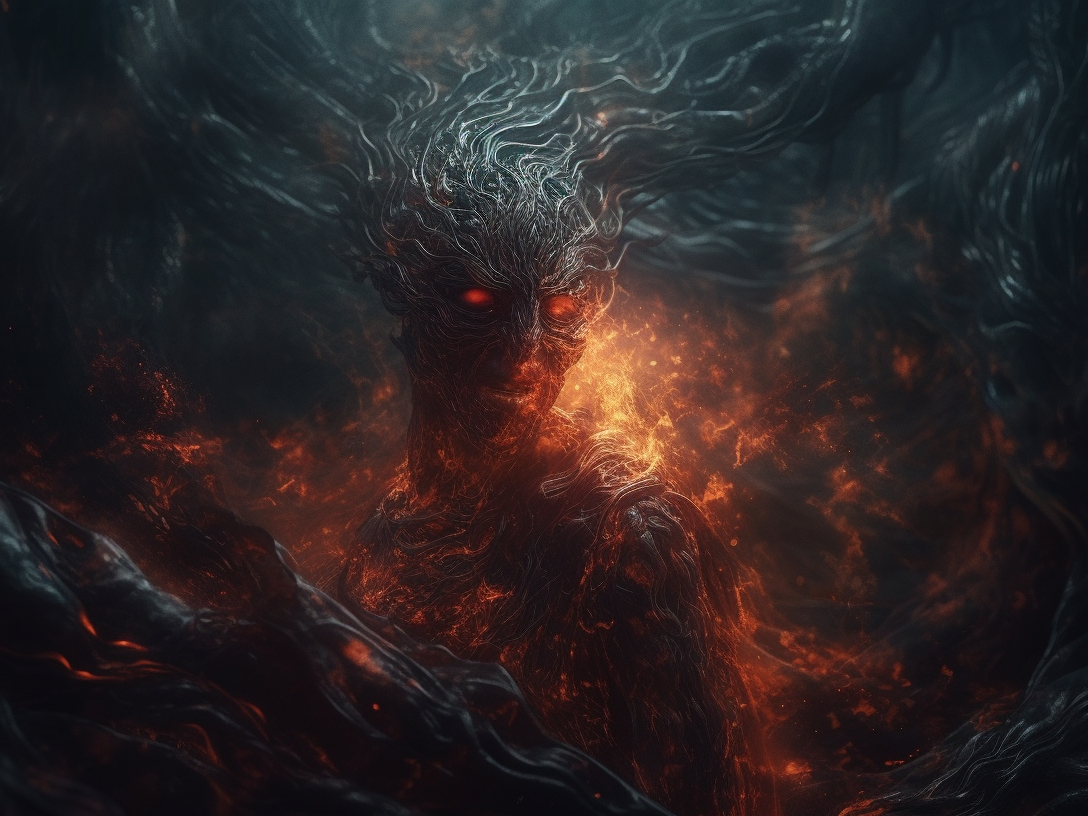Sisyphus hauls a boulder up a mountain every day, and at dusk, it comes crashing down. The punishment for cheating death is a life of repetition. According to mythology, God created the boulder. But, can the divine also fall victim to their own imagination? This simple question topples the foundation on which omnipotence is mounted, and calls for its meaning to be defined. If we’re talking about boulders, the real question is, can God create one so heavy that he is unable to lift it?
This forms the basis of the Omnipotence Paradox, the notion that omnipotent power is limited by the logically possible. If God is an all-powerful being who wields the power of creation, can he make something that extends beyond his own bounds? And if he fails to do so, is he by definition no longer omnipotent?
It can be argued that omnipotence, while representing complete power, only extends to that which is logically possible. An omnipotent being cannot perpetuate a logical contradiction by creating something that exists in two states at once. Objects defying this logic are as such impossible to create. A window that is both open and closed at the same is impossible in the same way that a towel cannot be made both soaking wet and dry all at once. A boulder too heavy for God to lift is in itself a contradiction.
The law of non-contradiction argues that contradictory statements cannot be true simultaneously. Either god maintains his omnipotence, or he forfeits it by creating a boulder that he cannot lift. This maintains that the creator of the universe is bound by the laws of logic which raises another dilemma. Omnipotence in essence is the limitless power, and if God is bound by such laws, he is no longer omnipotent, and this argument is void. To obey the laws of logic is to acknowledge that they have always existed, rendering God's omnipotence uncharacteristically powerless.
The sole solution to this paradox is the theory that a divine being is able to perform illogical actions. He can, at once, do and not do. He can create a stone that is impossible to lift, and he cannot. In this sense, everything created is true, and must also be false. He who creates does not follow the traditional laws of nature, rather he transcends them, existing in a plane impervious to our scope and outside of our understanding.
While the boulder dilemma poses a nearly unsolvable problem, it is possible that with eternal life, Sisyphus will find the answer. It may come to him one day as he hauls his boulder up and then sits, waiting for it to tumble down. Then again, perhaps it won’t.










